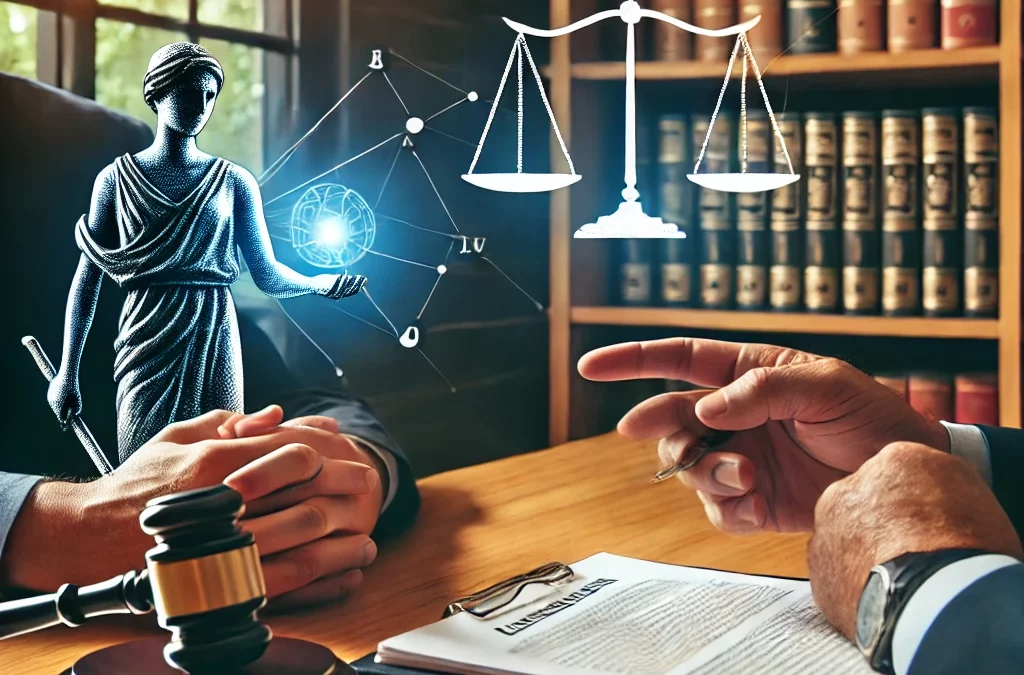Being wrongfully accused of a crime is a nightmare scenario for anyone. It can have devastating consequences on a person’s life, reputation, and future. This blog post will discuss the essential legal protections for the wrongfully accused and how individuals can exercise them to protect themselves.
Wrongful accusations have been a part of the criminal justice system for as long as it has existed. In many cases, innocent individuals have been falsely accused, arrested, and even convicted of crimes they did not commit. This can happen due to various reasons, including mistaken identity, false accusations, or law enforcement misconduct. It is essential for individuals to know their rights and how to assert them in these challenging situations.
One of the most fundamental legal protections for the wrongfully accused is the right to remain silent. This means that individuals have the right not to incriminate themselves and can choose to refuse to answer questions from law enforcement. It is crucial for individuals to assert this right and seek legal representation as soon as possible if they are facing false accusations.
Other key legal rights for the wrongfully accused include the right to legal counsel, the right to a fair trial, and the right to present evidence in their defense. By understanding and asserting these rights, individuals can protect themselves and ensure that they receive a fair and just outcome in their case.
Case Studies / Examples
To illustrate the importance of knowing and exercising one’s legal rights, let’s consider the case of Anthony Ray Hinton. Hinton was wrongfully accused of murder and spent nearly 30 years on death row before being exonerated. His case underscores the importance of effective legal representation and the right to present new evidence. Learn more about his story here.
Another notable case is that of the Central Park Five, a group of young men wrongfully accused and convicted of a brutal assault in New York’s Central Park in 1989. Their case underscores the importance of legal protections and the impact of advocacy in overturning wrongful convictions.
Expert Insights
According to criminal defense attorney Lisa Freeman, “It is crucial for individuals who have been wrongfully accused of a crime to assert their legal rights from the moment they are accused. By seeking legal counsel and understanding their rights, individuals can protect themselves from potential miscarriages of justice and ensure a fair outcome in their case.”
Barry Scheck, co-founder of the Innocence Project, emphasizes that “DNA has shown that the criminal justice system makes mistakes, that a lot of innocent people are in prison, and some have been sentenced to death.” This underscores the importance of legal rights and proper representation in preventing wrongful convictions. Learn more about DNA exonerations on the Innocence Project website.
In conclusion, knowing and exercising one’s legal rights is critical for individuals who have been wrongfully accused of a crime. By being aware of their rights and seeking legal representation, individuals can protect themselves and ensure that they receive a fair and just outcome in their case. It is essential for everyone to educate themselves about their legal rights and how to assert them effectively in times of need.
If you or someone you know has been wrongfully accused of a crime, do not hesitate to seek legal representation and assert your legal rights. By taking action and advocating for your rights, you can protect yourself from potential miscarriages of justice and secure a fair outcome in your case.
Additional Resources
- National Association of Criminal Defense Lawyers
- Innocence Project
- American Civil Liberties Union (ACLU)
References
- Legal Information Institute. (n.d.). Right to a fair trial.
- American Bar Association. (2021). Criminal justice section.
Hashtags: #LegalRights #WrongfulAccusations #JusticeReform #InnocenceProject #CivilRights

